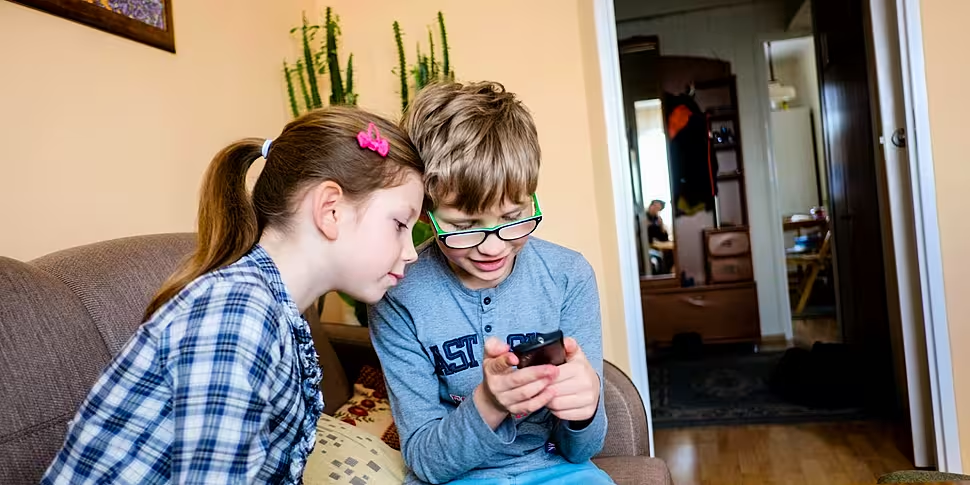Child labour laws should be extended to cover children who appear in social media campaigns, a consultant in paediatrics has said.
Increasingly, the children of influencers are appearing in paid social media posts to promote products and events.
Sometimes known as ‘kidfluencers’, those with large followings online can earn thousands and there is little regulation governing how they are paid or their welfare.
“It’s a wild west in terms of legislation and protecting children,” Dr Niamh Lynch told Newstalk Breakfast.
“Children who are essentially doing a job to promote products at the moment can filmed anywhere, anytime without any child labour laws applying to them.
“Plus, there’s no guarantee that the money that changes hands is going to end up benefiting the child in any way.”
Dr Lynch said there are “ethical questions” about children on social media platforms and the phenomenon is different to the advertising of previous decades.
“Let’s just say you’re driving along and you see a billboard for a toy store and you see a photograph of a child with a toy,” she said.
“You know nothing about that child - except what their face looks like. You don’t know their name, you don’t know their date of birth or anything like that.
“Whereas, the child of an influencer is shared on social media - be it for personal reasons or for financial gain, then an awful lot of information about that child is shared.
“We know, for example, what their parents’ names are, what their siblings’ names are, what their pets are called.
“So, there’s an awful lot of private information out there in the public realm about these children.”
 Snapchat, Instagram and TikTok apps on an iPhone in January 2021. Picture by: Koshiro K / Alamy Stock Photo
Snapchat, Instagram and TikTok apps on an iPhone in January 2021. Picture by: Koshiro K / Alamy Stock PhotoDr Lynch said some young adults now regret there are so many images of them online.
“In America now, we have children of YouTube blogging families who are coming out as adults and they are very upset to find out that there’s all of this information out there about them online,” Dr Lynch said.
“The other, sort of more sinister issue is that not everyone online is acting with good intentions.
“There’s a very real danger that images of these children will be misappropriated and used for sinister objectives.”
The ISPCC advises parents never to post the address of your home or a child’s school, never share a picture of a child in a state of undress or mention their name on a public forum.
Once they are old enough, ask a child for permission before posting any image of them online.
Main image: Children on a mobile phone. Picture by: Gregory Wrona / Alamy Stock Photo









